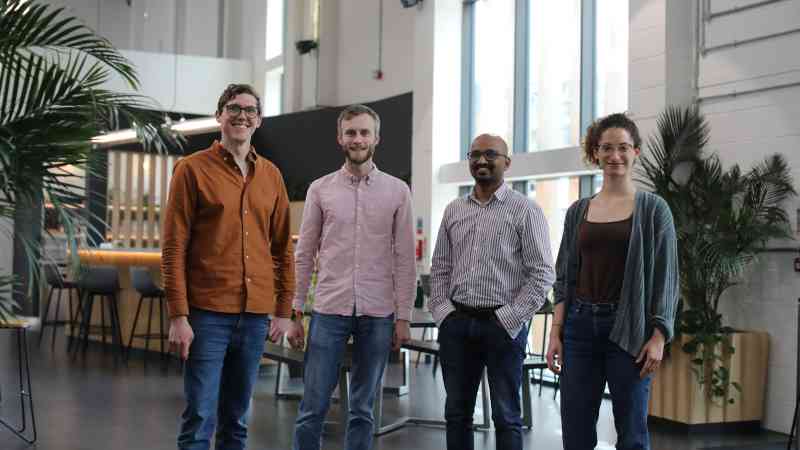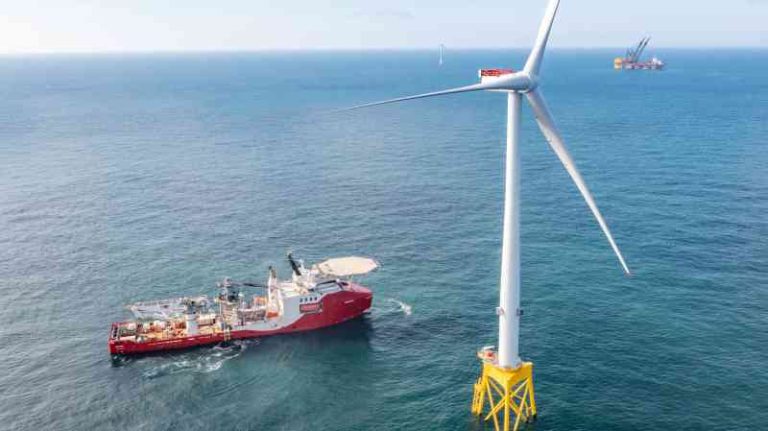Wastewater energy firm Wase gets the beers in with £1.1m deals
A university spin-out company that generates energy from industrial wastewater has won its first significant contracts with a series of food and drink manufacturers.
Wase has signed £1.1 million of deals for the use of its technology, including a £500,000 contract with the Sussex brewery Hepworth to create biomethane that will be used to power its boilers. One pint of beer creates up to eight pints of wastewater, says the business, and it will treat 7,800 cubic metres of wastewater a year at the Hepworth site and generate 378 MWH of energy.
Wase, started in 2017 by Dr Thomas Fudge, chief executive, during his PhD at Brunel University working on a project to transform human waste into energy because he did not want research “that would just sit on the shelf”, employs 12 people, predominantly engineers. “Initially I did a master’s degree in environmental sustainability, entrepreneurship and design and then I was awarded a scholarship to develop electromethanogenesis and look at commercial applications for the technology,” Fudge said.
The system works by growing micro-organisms on electrodes, which produce methane as they break down the organic compounds in the wastewater that can then be used in heating systems. “There’s a great need to look at the inefficiencies that centralised water treatment systems have, which you see in the UK with the amount of raw sewage that ends up into our environment,” Fudge said. “We wanted to look at building a new system that could be implemented locally to treat all that waste locally.”
The company is now growing the commercial side of the business with a view to selling the technology to other companies, such as abattoirs and distilleries, that also use large quantities of water. “Looking at producing their own fuel from waste to go into heating systems can really help companies decarbonise and take away the strain from the volatility of energy prices, especially by sectors that have been hit heavily by the rising cost of energy in the past year.”
Wase installs its systems free and, like an on-site utility business, charges for the volume of wastewater that is treated and for the energy it produces.
The company raised a £1 million seed round last year and is preparing for another raise to accelerate its expansion.






